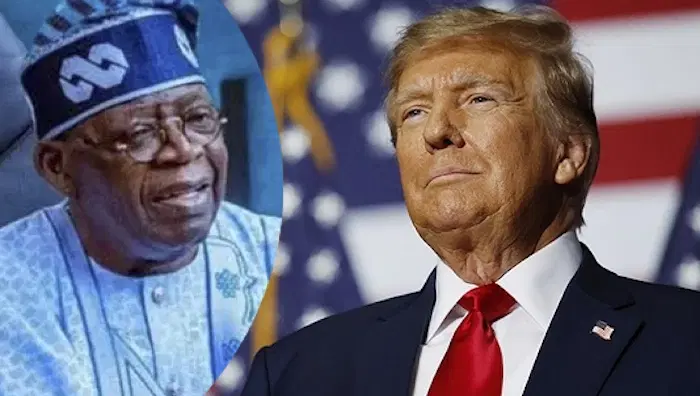
Recent actions by the United States government have introduced new challenges for Nigeria’s business community, tech innovators, and students. Amidst ongoing diplomatic tensions and concerns about global security, U.S. immigration and trade policies are increasingly affecting Nigerians negatively.
One major area of impact is visa restriction. Nigerian students, skilled workers, and entrepreneurs now face longer delays, increased denials, and more rigorous scrutiny when applying for U.S. visas. This has led to a significant decline in Nigerian student enrollment in U.S. universities, especially in tech and STEM fields. Many students are now opting for alternative destinations like Canada, the UK, and Germany.
In the tech sector, Nigerian startups—many of which rely on U.S.-based venture capital and partnerships—are experiencing disruptions. Tighter banking regulations and compliance measures imposed by the U.S. Office of Foreign Assets Control (OFAC) have restricted cross-border financial transactions. This complicates fundraising, product development, and international collaborations, especially for startups using U.S. platforms for payments, cloud computing, or software development.
Businesses more broadly are also feeling the strain. U.S. companies are slowing down or halting investments in Nigeria due to concerns over regulatory risks, currency instability, and compliance issues. The de-risking policies of U.S. banks have made it more difficult for Nigerian businesses to open or maintain dollar accounts, limiting their global trade capabilities.
Additionally, export controls and sanctions tied to global security measures—especially those involving cybersecurity and surveillance tools—are affecting Nigerian companies seeking to access or import certain U.S. technologies.
Critics argue that while the U.S. seeks to protect its interests, these blanket measures disproportionately affect ordinary Nigerians and stifle progress in sectors that are vital for the country’s economic development. The Nigerian government is under pressure to engage diplomatically with the U.S. to ease restrictions and restore smoother relations.
Shifting U.S. policies are creating hurdles for Nigerians across education, business, and tech innovation. If not addressed, these constraints could stall Nigeria’s growth in critical areas, prompting calls for alternative international partnerships and stronger local solutions.
Leave a Reply